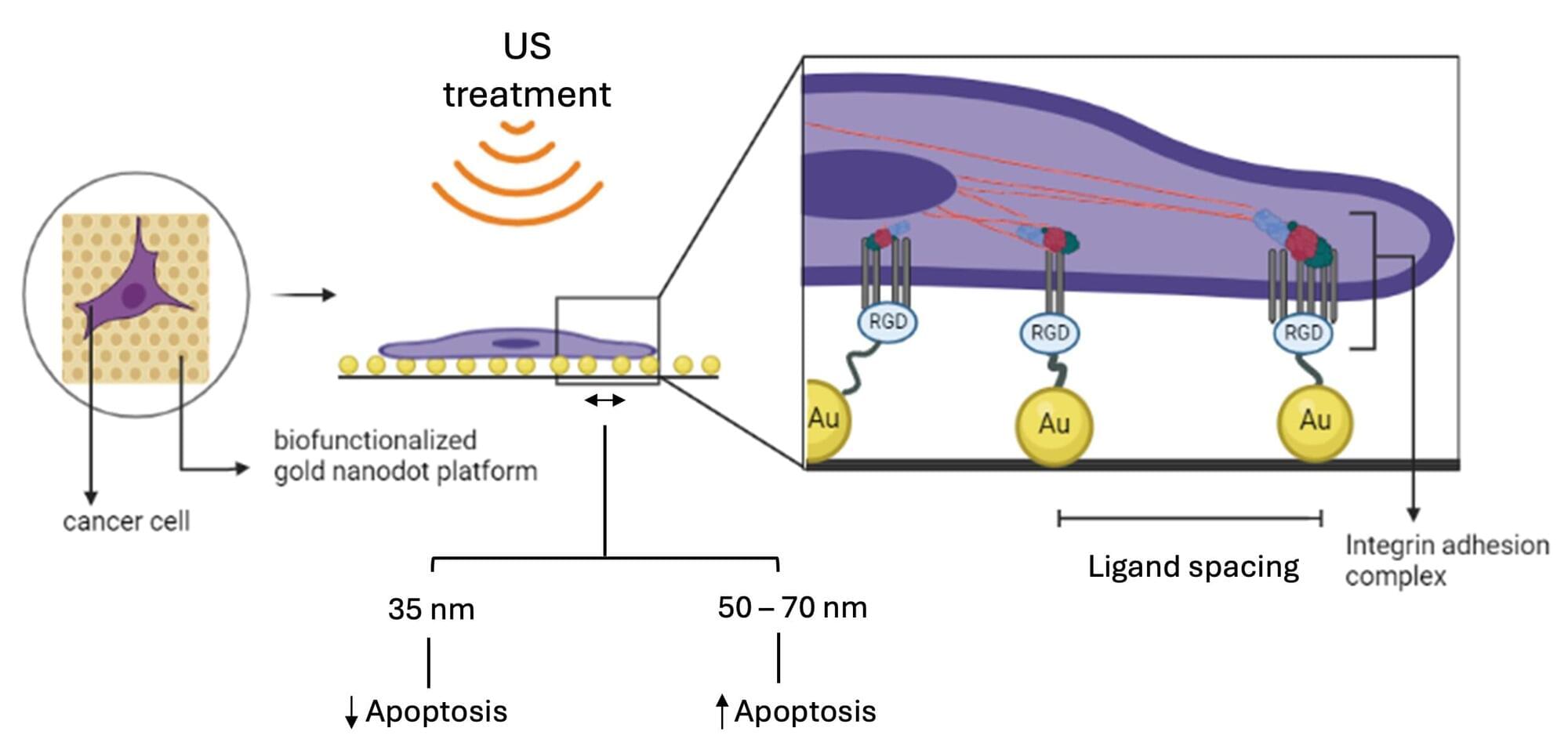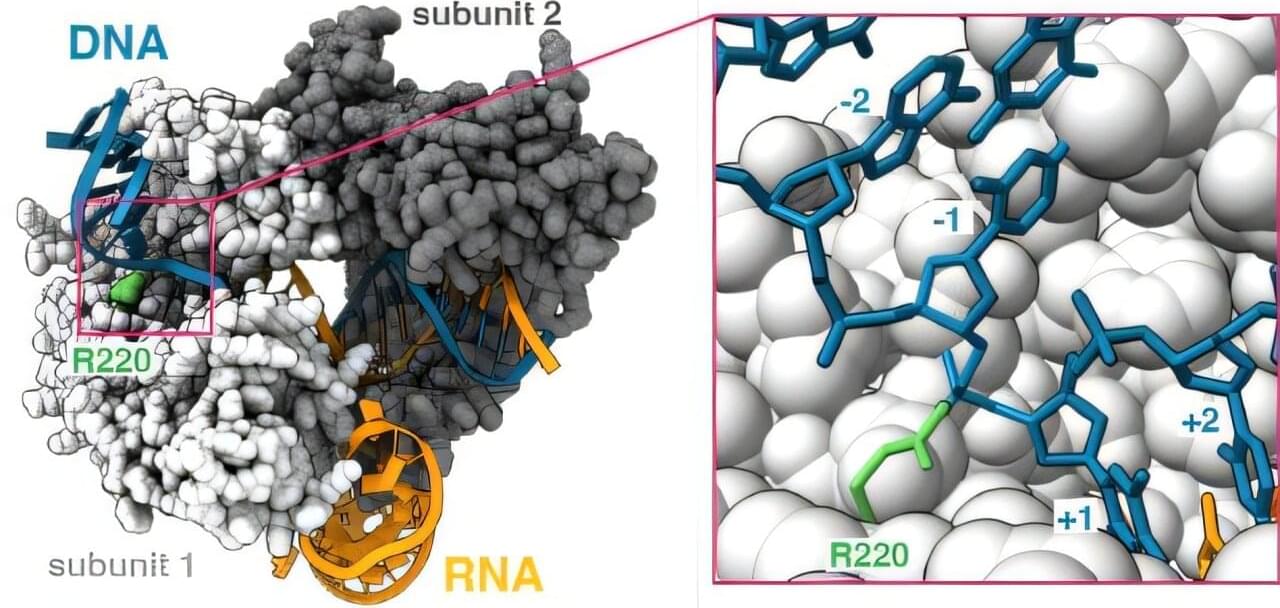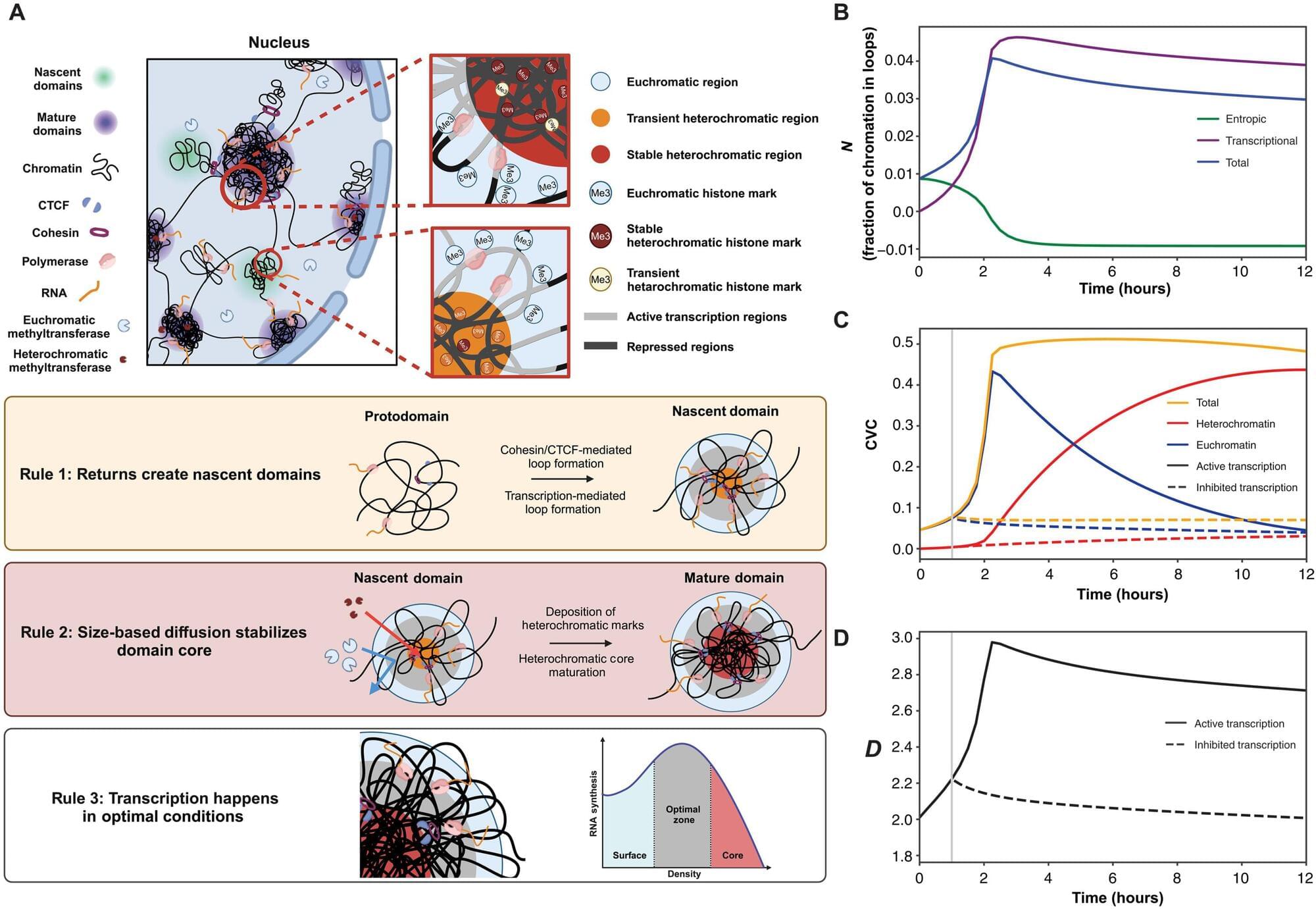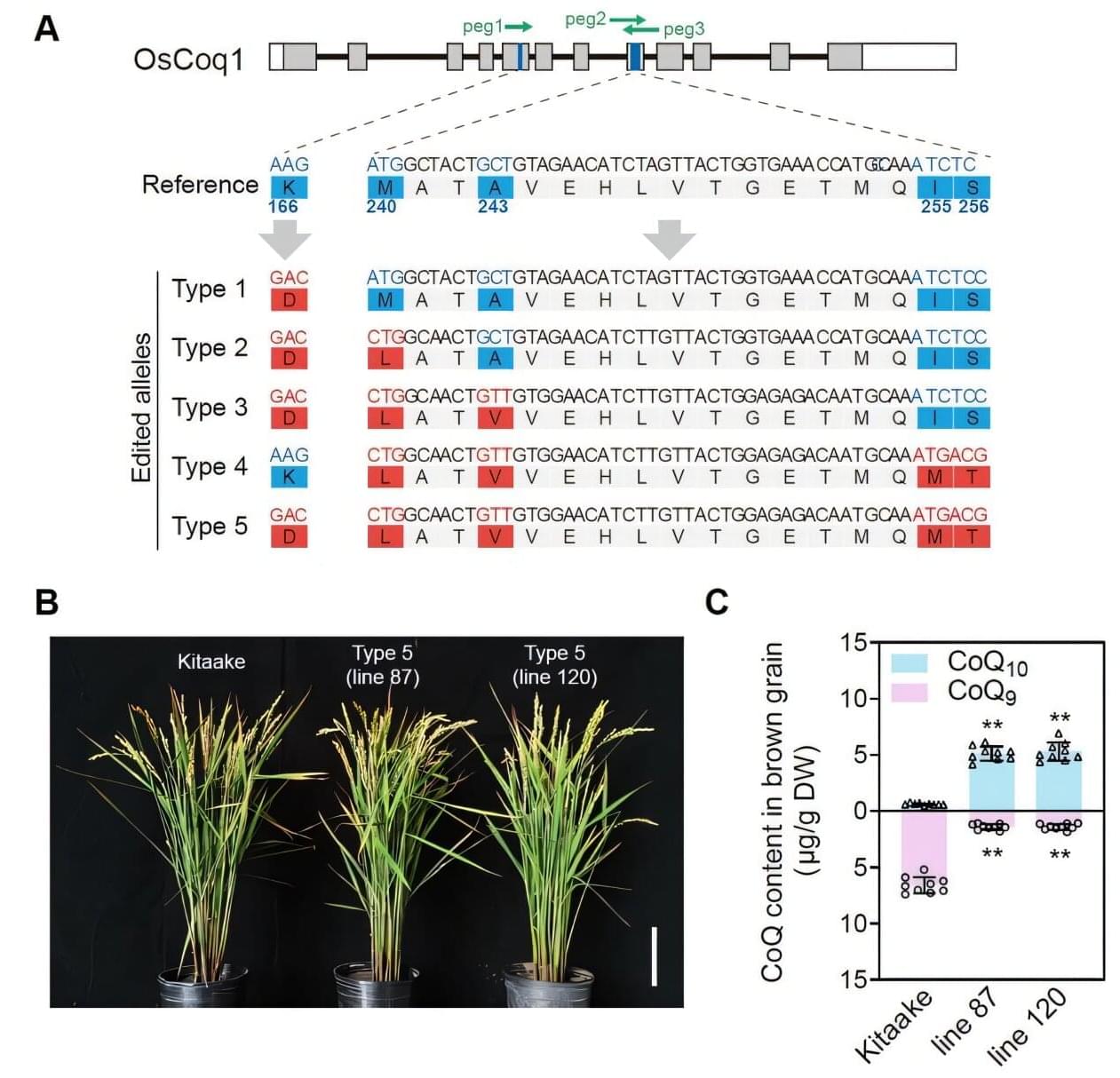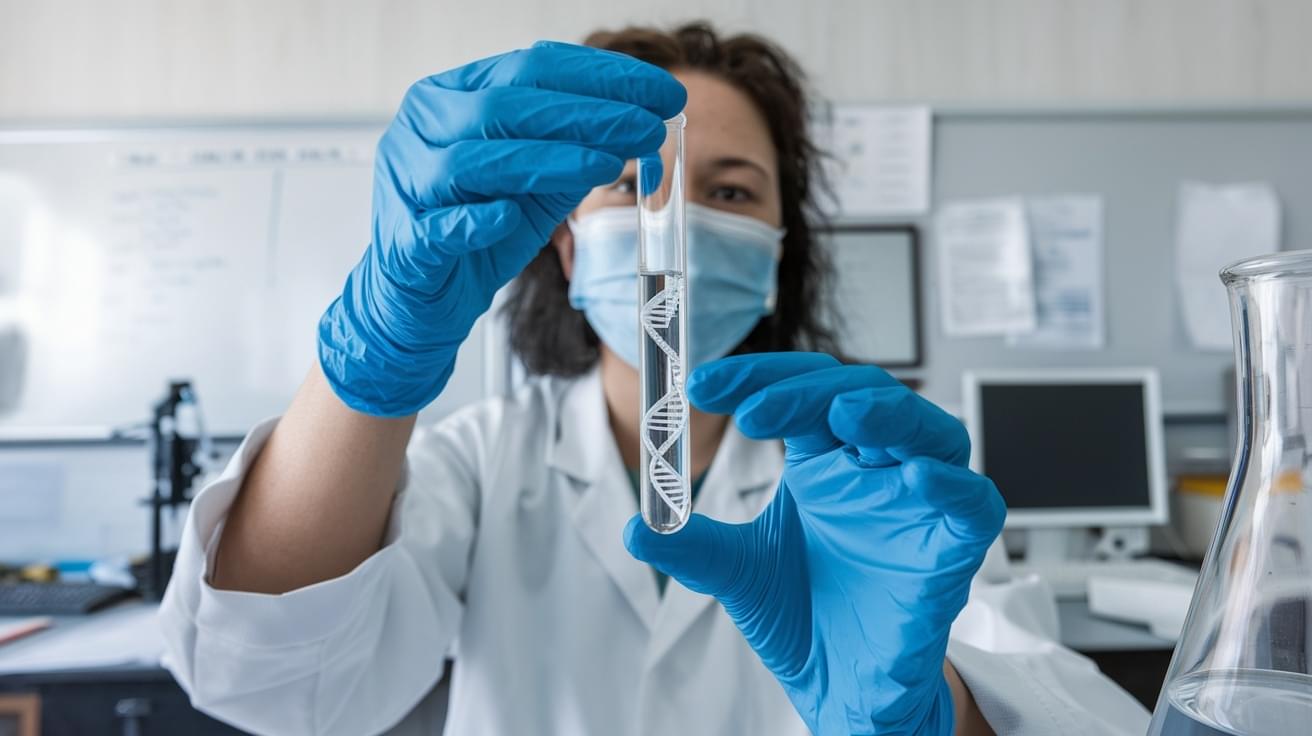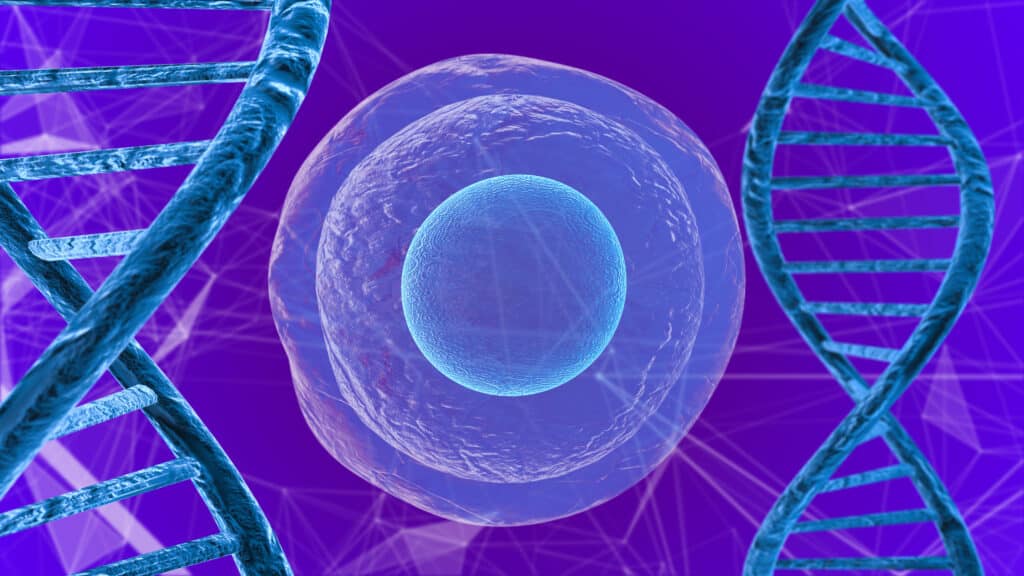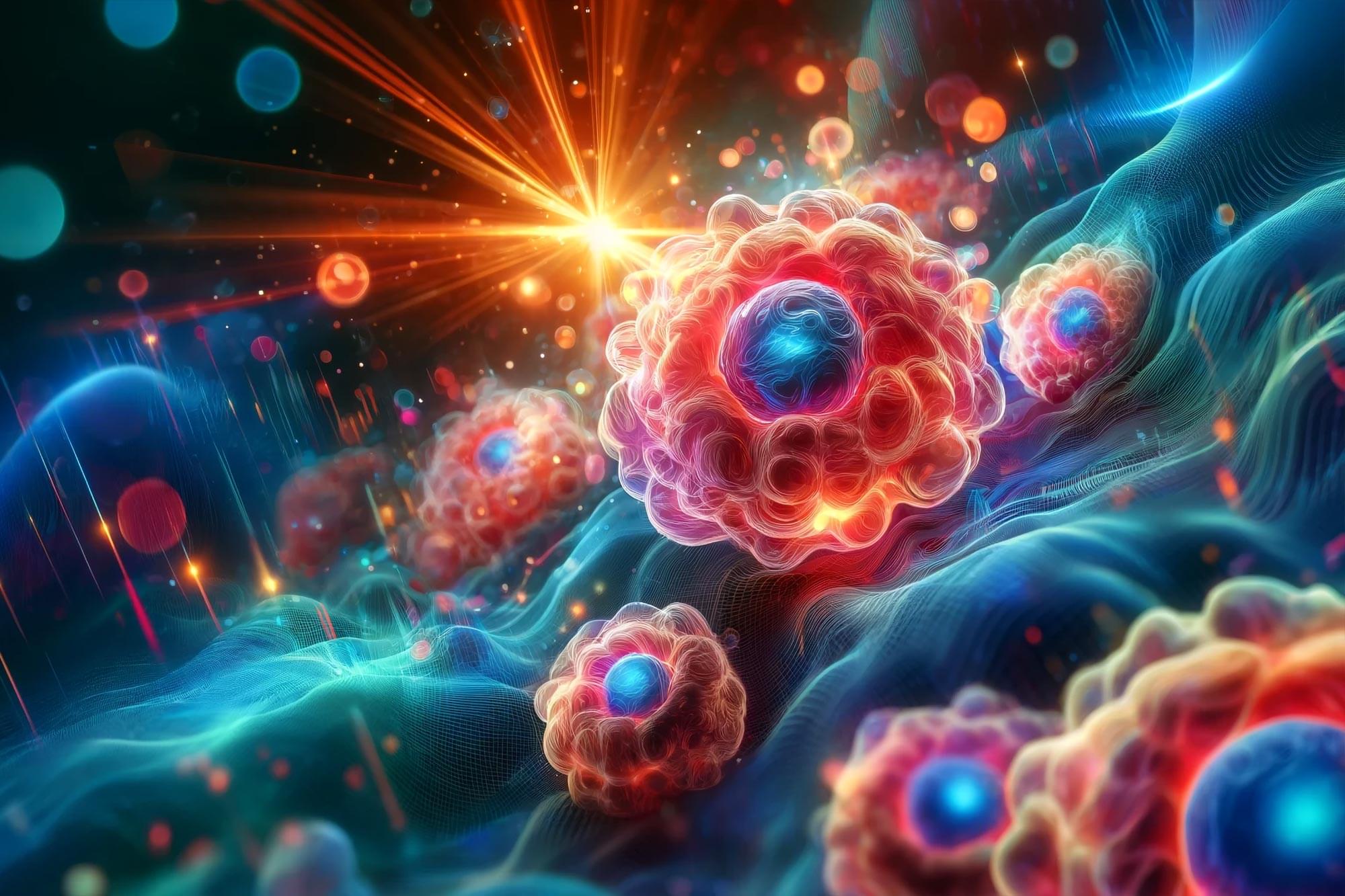Health, vitality and longevity through bioengineering — kevin caldwell — CEO, ossium health.
Kevin Caldwell is CEO, Co-Founder & President of Ossium Health (https://ossiumhealth.com/), a commercial stage bioengineering company that leverages its proprietary organ donor bone marrow banking platform to develop stem cell therapies for patients with life-threatening hematologic conditions, organ transplant rejection, and musculoskeletal defects.
Mr. Caldwell built Ossium from a small startup into the clinical stage bioengineering company it is today, setting the company’s mission to improve human health through bioengineering and designed its platform-based model for cellular therapeutics development. He has led the company’s successful pursuit, negotiation, and execution of more than 50 business relationships, including 5 successful fundraisings and dozens of supply partnerships, clinical partnerships, and commercial contracts with biopharmaceutical companies.
After seven years of strategic engagement and networking, Mr. Caldwell drove the team to successfully secure a transformative federal contract with BARDA (Biomedical Advanced Research and Development Authority) that validates Ossium’s innovative approach. This milestone represents the culmination of persistent relationship-building, targeted proposals, and unwavering commitment to addressing national biomedical challenges through cutting-edge technology and collaborative partnerships.
Prior to founding Ossium, Mr. Caldwell served as an Engagement Manager at McKinsey’s San Francisco office where he advised clients in the biotechnology and healthcare sectors. His projects ranged from due diligence of acquisition targets in the biotech startup ecosystem to restructuring distressed biopharma companies. Mr. Caldwell led more than 20 engagements with more than a dozen clients, leading teams that advised clients on revenue growth, go to market strategy, and organizational restructuring.
